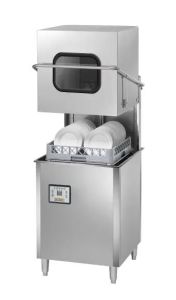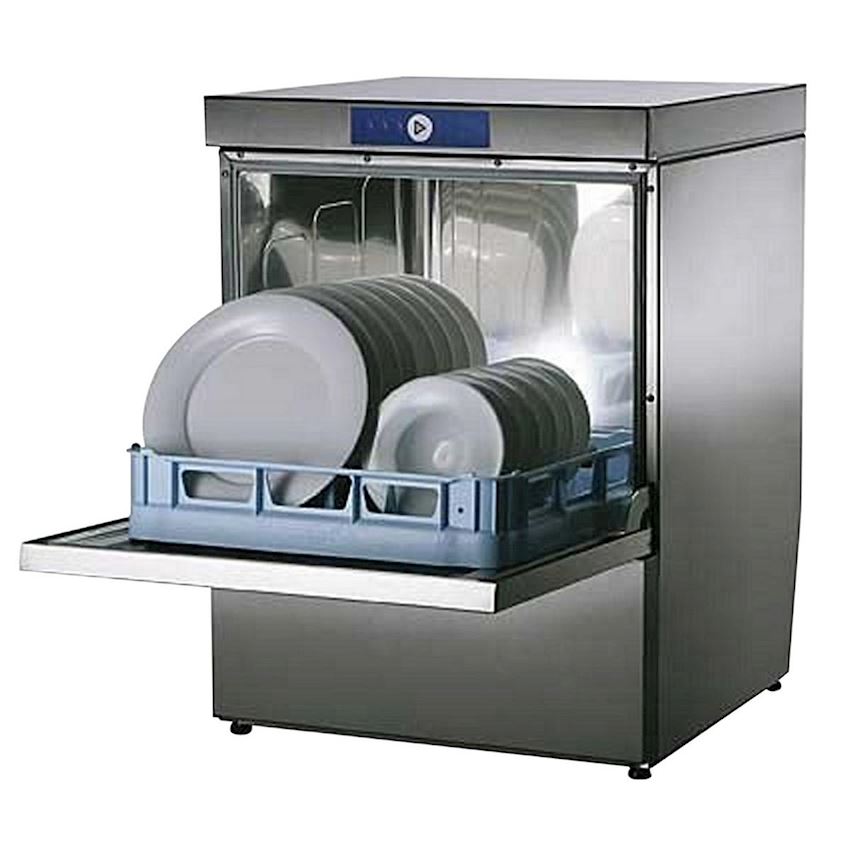Modern technology has increased the quality of life for the mankind in terms of high efficacy, saving time, efforts and money. Since dishwasher’s introduction in the market, many individuals considered it as a corner stone item in their home appliances. In the recent world settings, saving money and resources (water, oil,..etc) is necessary. Though, if you have a dishwasher or you are preparing to buy a new one, you will certainly ask about “Does dishwasher save the bills compared to manual dishwashers?”. Our research experts did a literature review for gathering the published research papers regarding this topic so that you can buy or maintain your dishwasher for saving your bills each month as well as your time and efforts.
Manual dishwashing vs dishwasher
Richter and colleagues developed a consumer survey that is distributed in Germany, UK, Italy and Sweden [1]. Fifty households were included for each country making a total of 200 households from urban areas which commonly had dishwashers. Out of these 80% of household owned a dishwasher.
The water consumption was measured through a box that had an impeller flow metre attached to the kitchen tap and the consumers were asked to wash the dishes either manually or with the dishwashers as they usually do.
Households that used a dishwasher had consumed less water (mean L/item = 0.73) compared to (mean L/item = 1.52) for hand washing. These results indicated that the dishwashers saved up to 50% of water when they used for washing the dishes. Furthermore, the dishwasher saved almost 30% of energy compared to hand washing (mean = 24.8 Wh/item vs mean= 34.4Wh/item).
Which dishwasher’s cycle that saves water and energy consumption?

1-Let us take you to the recent published data on 2022 by the Tewes and colleagues [2]. They surveyed more than 500 people from UK, France and Belgium. Most of the sample (46%) had bought the dishwasher in the range of 0-3 years and 80% used no more than 7 cycles weekly.
The surveyed households had more than 160 dishwasher types at which the authors tried to consider the energy, water and duration consumption.
The cycles were ranged from the lowest to the highest consumption:
| Energy | Water | Duration |
| Short | Short | Short |
| ECO | ECO | 1h |
| Glass | 1h | Glass |
| 1h | Glass | Normal |
| Normal | Auto | Auto |
| Auto | Normal | Intensive |
| Intensive | Intensive | ECO |
2-Brunzell and colleagues performed an experimental study on two different dishwashers types [3]. The dishwashers used for this study were Electrolux and Miele dishwashers.
ESF5533LOW:
Quick wash, ECO and Auto cycle were the best cycles to save water/cycle; they consumed 9, 9.9 and 9-12 L/cycle, respectively. The three cycles saved around 500L annually compared to intensive and glass cycles. Furthermore, Quick wash and ECO cycles are the best cycles to save energy at which consuming 0.8 and 0.9 kWh/cycle. Both cycles save up to 50 kWh yearly rather than the other three cycles.
Miele G 4202:
ECO and Extra quiet cycles were the best cycles to save water/cycle; they consumed 9.7, and 10.5 L/cycle, respectively. They saved at least 300L/year rather than Normal wash, Intensive wash, Sensor wash gentle and Quick wash cycles. Moreover, Quick wash and ECO cycles are the best cycles to save energy at which consuming 0.65 and 0.84 kWh/cycle. Both cycles save around 50 kWh/year.
Consumers’ opinions regarding saving water and energy by the dishwashers:
A survey study conducted by Abeliotis and colleagues and included households from Greece demonstrated the attitudes and behaviors of the households towards dishwasher’s use [4].
For rating the behaviors the team used the the Likert scale ranged from Always (corresponding to 5) to Never (corresponding to 1).
The rating was as the following when they asked about:
Dishwashers save water rather than manual (rate = 3.72)
Dishwashers save energy rather than manual (rate = 3.29)
Furthermore, many household reported that manual washing is tiring, consuming time, causing some skin problems in some households and does not have the high efficacy as the dishwasher has.
Conclusion:
Dishwashers save energy and water consumption compared to manual washing which reflects upon the bills you received on a monthly or a yearly manner. Choosing the best cycle depends upon the items you will put in the dishwasher, however, you can use the guide we reported to choose the best one which saves your water, energy and duration consumption.
References:
[1] Richter CP: Usage of dishwashers: observation of consumer habits in the domestic environment. International journal of consumer studies 2011;35(2): 180-186.
[2] Tewes TJ, Harcq L, Bockmühl DP: Use of automatic dishwashers and their programs in Europe with a special focus on energy consumption. Clean Technologies 2023;5(3): 1067-1079.
[3] Brunzell L, Renström R: Recommendations for revising the energy label system for dishwashers: Supporting sustainable development and usage through the interaction of energy labels, technical improvements and consumer behaviour. Energy Efficiency 2020;13(1): 145-155.
[4] Abeliotis K, Dimitrakopoulou N, Vamvakari M: Attitudes and behaviour of consumers regarding dishwashing: The case of Patras, Greece. Resources, conservation and recycling 2012;62: 31-36.

